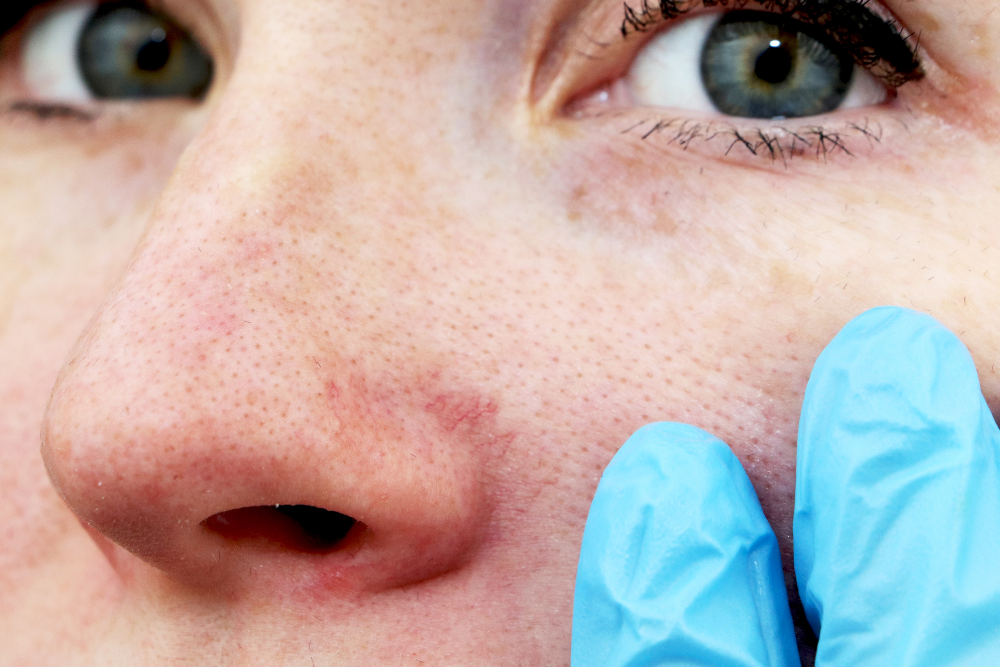When it comes to shingles, there’s no surefire way to prevent a flare-up of the painful skin rash. But managing day-to-day stress may help.
Herpes zoster, known as shingles, is caused by the reactivation of the varicella zoster virus – the same virus that causes chickenpox. And it usually occurs after or is triggered by some sort of stressor, said Dr. Kevin Koo, a family medicine physician at Advocate Medical Group in Park Ridge, Ill.
“A weakened immune system in general can lead to reactivation of the virus, which then causes the shingles rash to form,” Dr. Koo said. “Stress or trauma leads to elevated cortisol levels in the body, a hormone that then decreases the optimal functioning of the immune system, which is keeping the virus at bay.”
The Centers for Disease Control and Prevention estimates one in three adults nationwide will develop shingles at some point in their lifetime. The condition can affect any age and demographic, though people who are immunocompromised or over 50 years old are most at risk.
Pain, tingling and itching are usually the first signs of shingles, indicating the virus is attacking a specific nerve or group of nerves, Dr. Koo said. A rash will follow, appearing as small, red, fluid-filled domes or blisters on one side of the face or body.
Symptoms can also include fever, headache, chills and an upset stomach.
Patients showing signs of shingles should visit their primary care physician as soon as possible and begin antiviral medication within 72 hours, Dr. Koo said. Pain medications, including steroids, can be prescribed to help with neurological symptoms.
The rash typically scabs over in seven to 10 days and fully clears up within two to four weeks, according to the CDC. Long-term nerve pain, even after the rash subsides, is the most common complication, occurring in up to 18% of shingles cases.
Serious side effects can occur when the shingles virus attacks the facial nerve, leading to ear pain, tinnitus, hearing loss, decreased sense of taste, facial paralysis or painful sores of the ear canal and face. The rare neurological condition, called Ramsay Hunt syndrome, recently caused partial paralysis in popstar Justin Bieber’s face, he explained in an Instagram post.
While there’s no definitive way to avoid shingles, a strong immune system and healthy lifestyle choices can significantly improve your chances, Dr. Koo said. Being vaccinated could also help fend off the viral infection among those who are most at risk.
“Work on relieving stress on a day-to-day basis, stay healthy mentally, eat well and get the shingles vaccine when appropriate,” Dr. Koo said.
Source: https://www.ahchealthenews.com/2022/06/28/can-this-painful-rash-be-triggered-by-stress/






 Alerts Sign-up
Alerts Sign-up